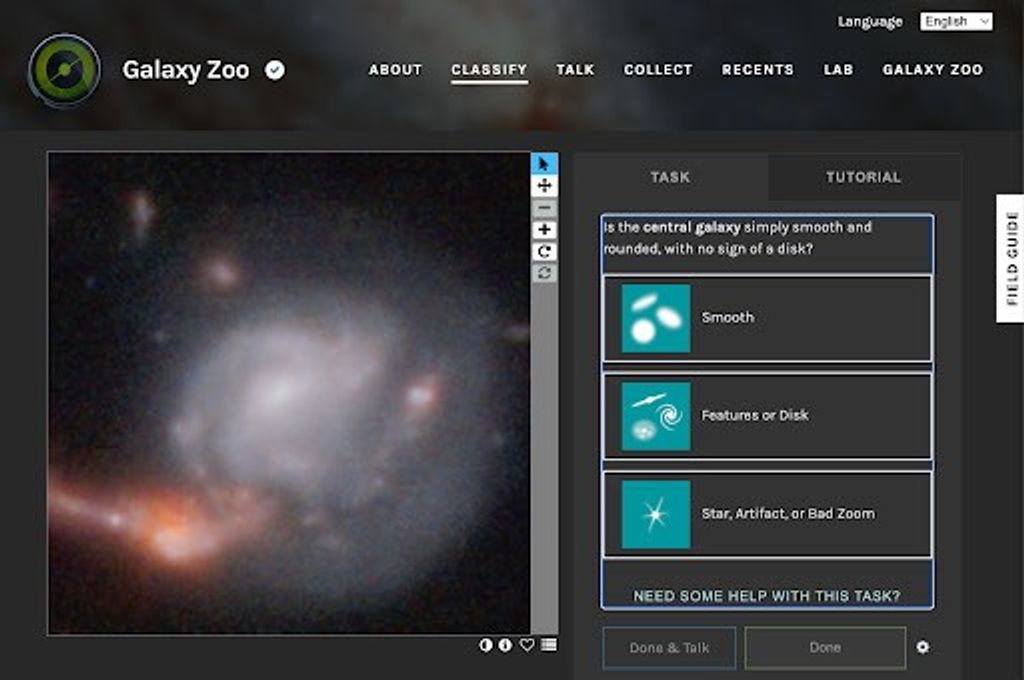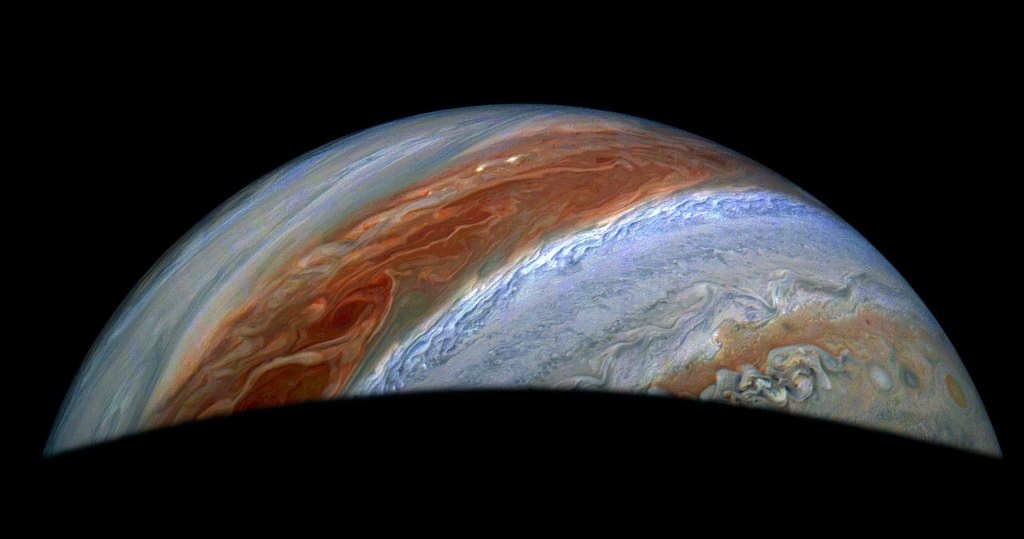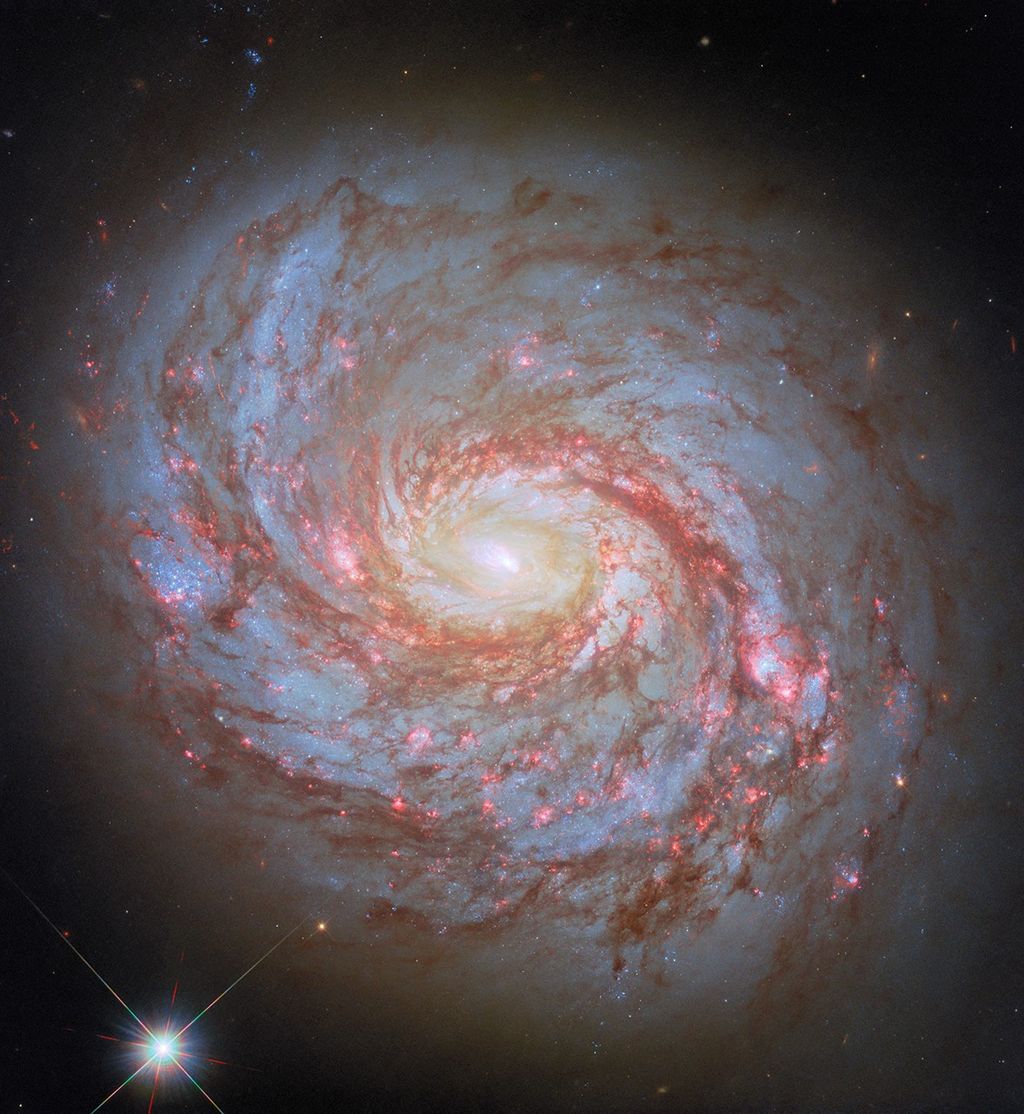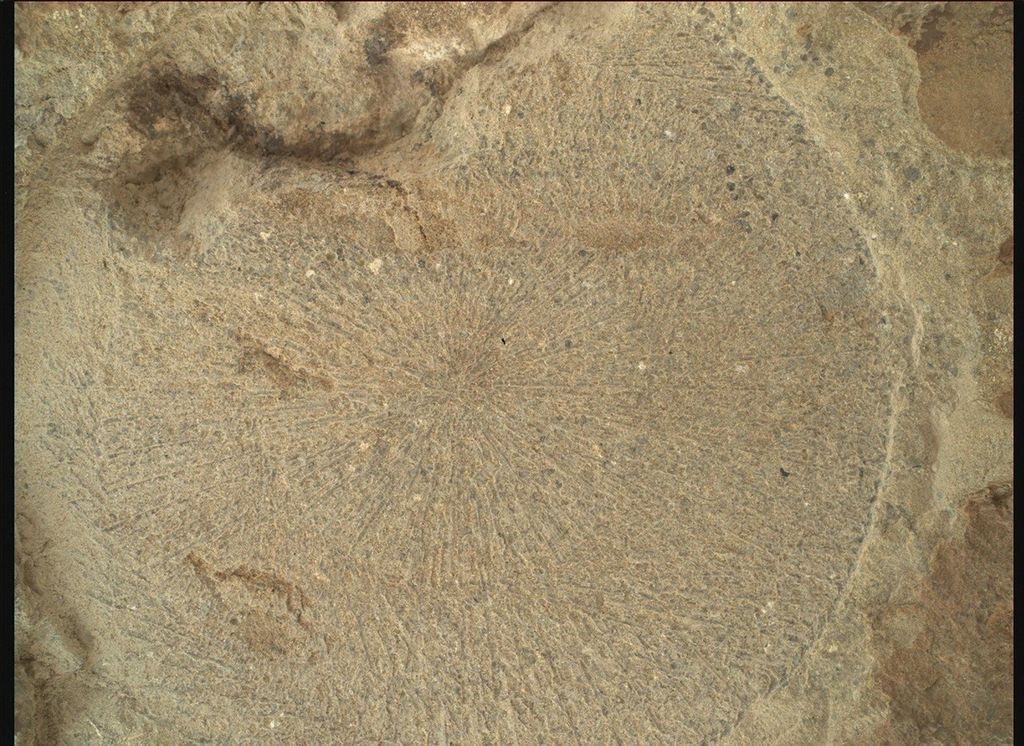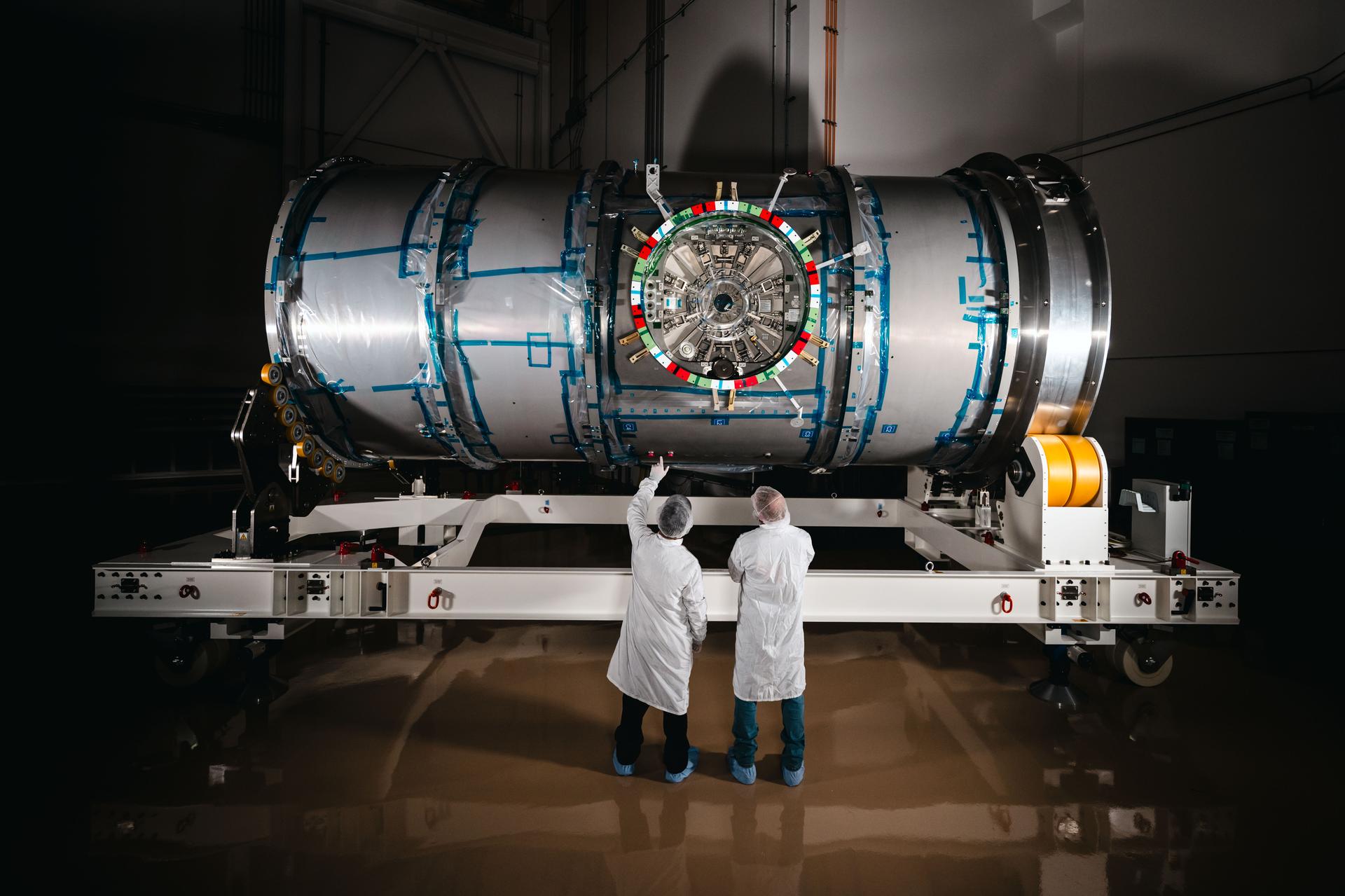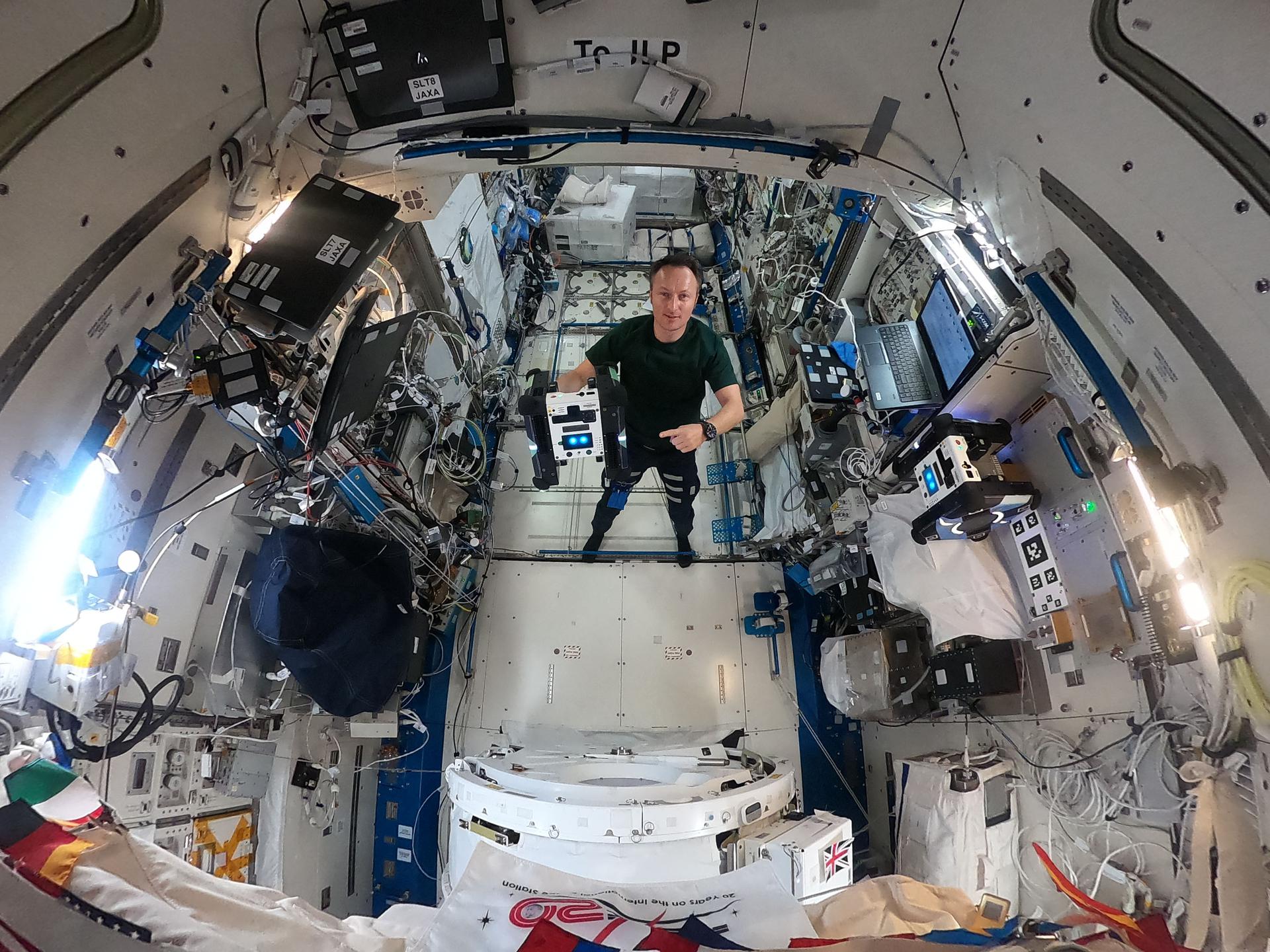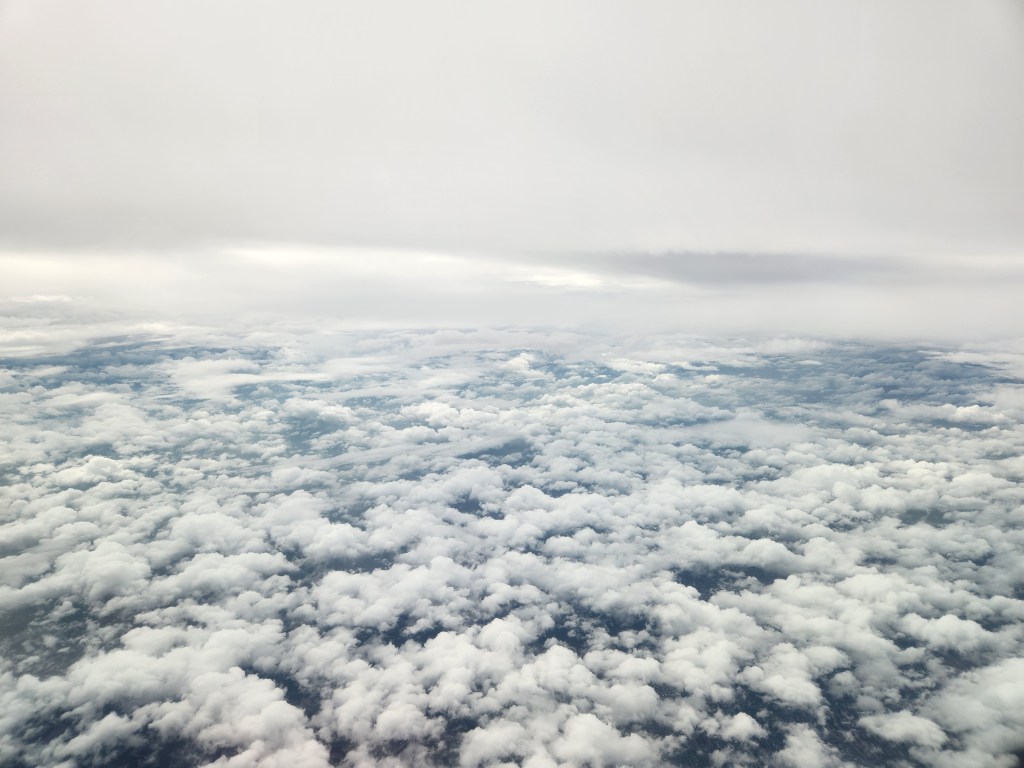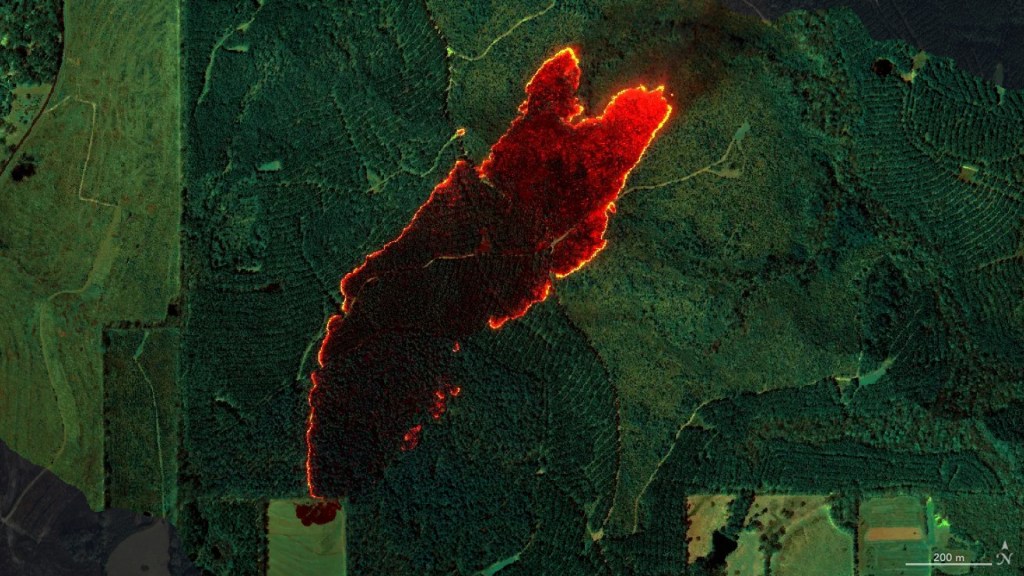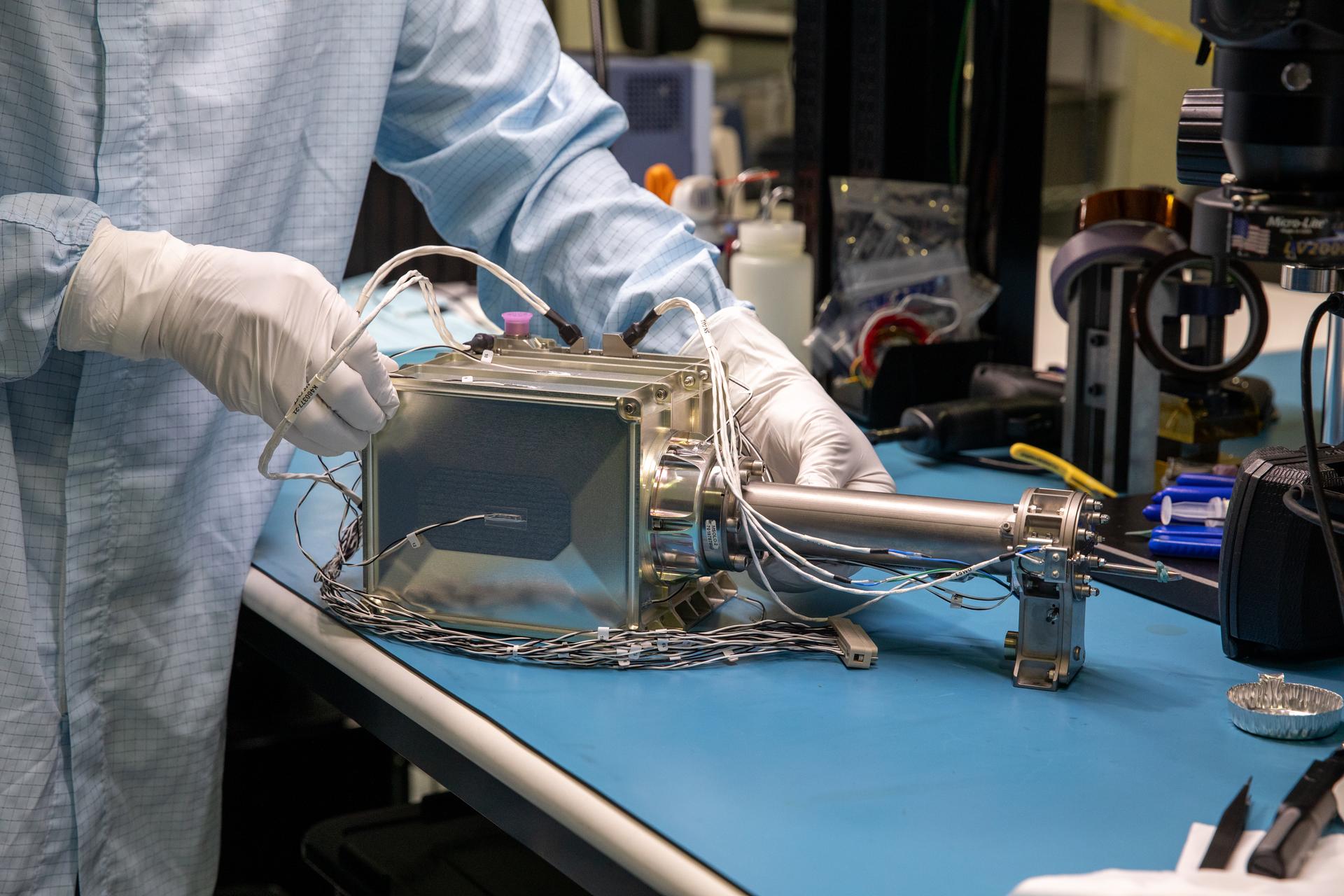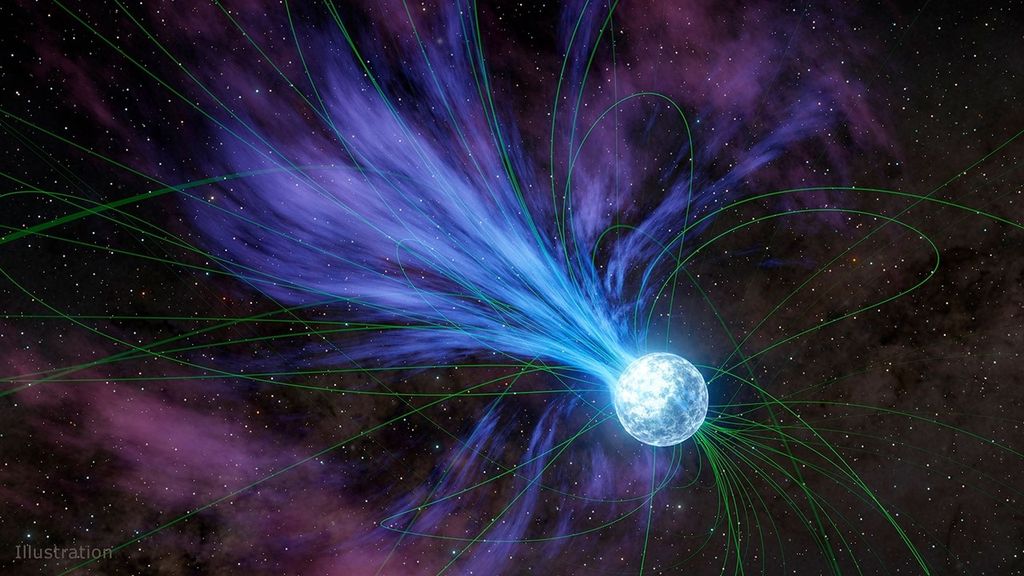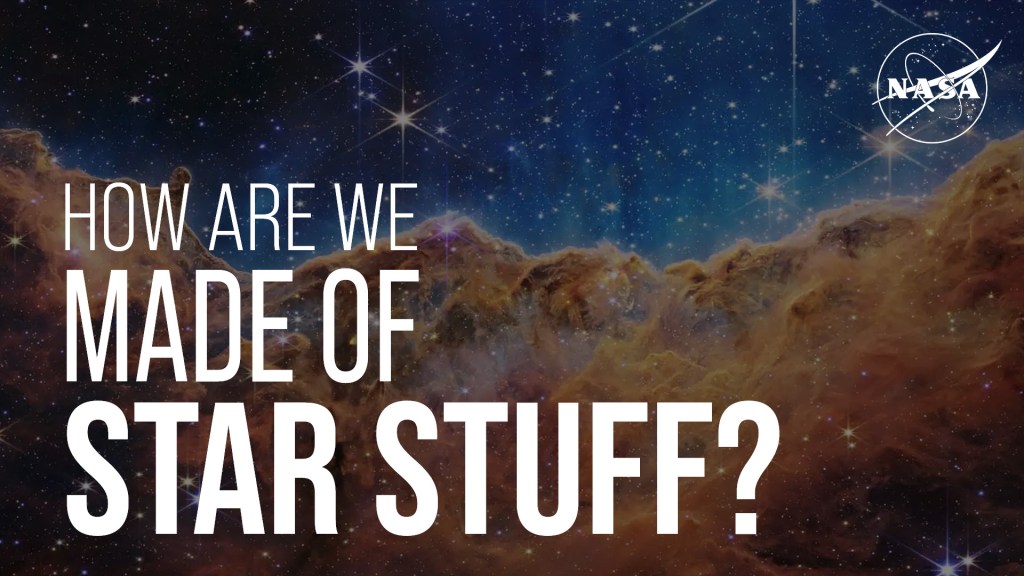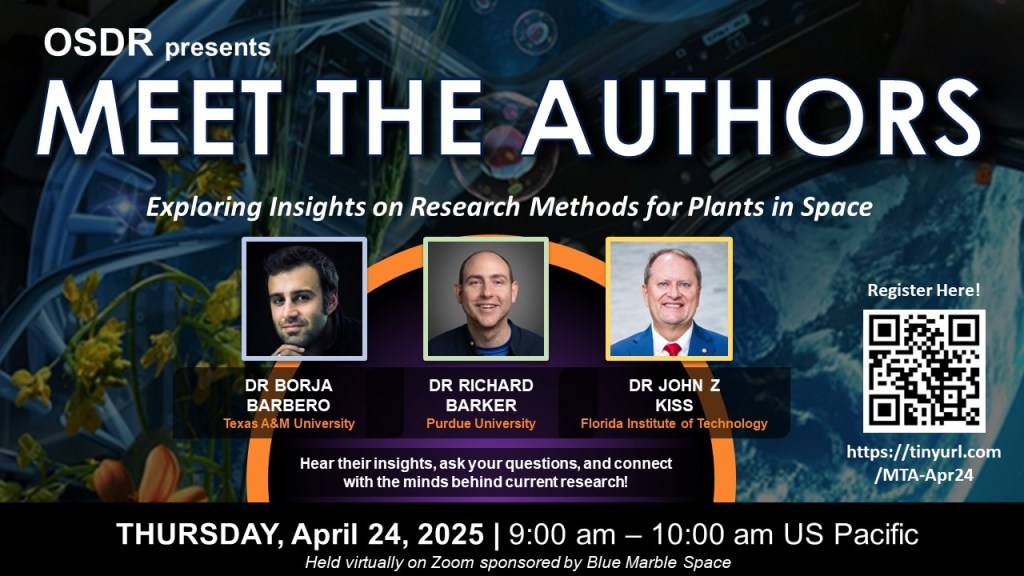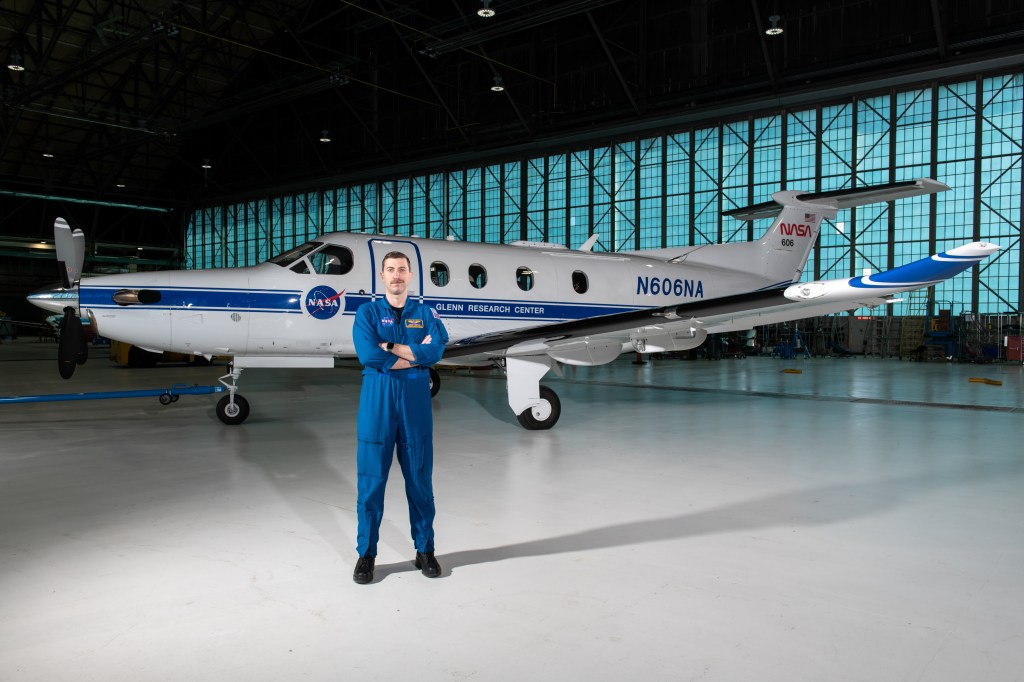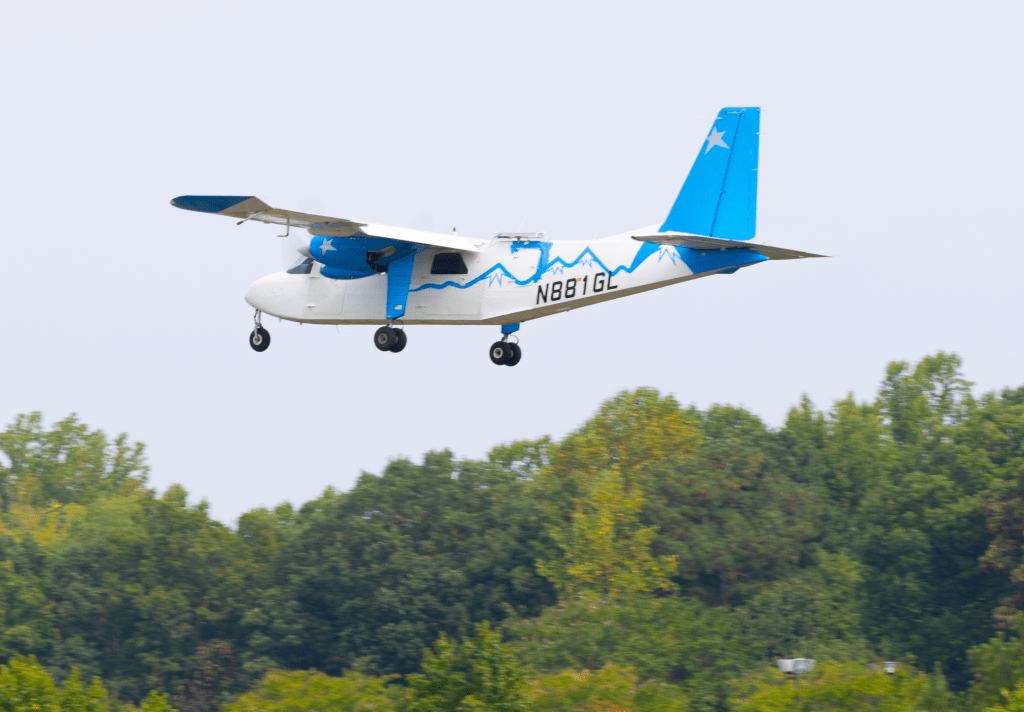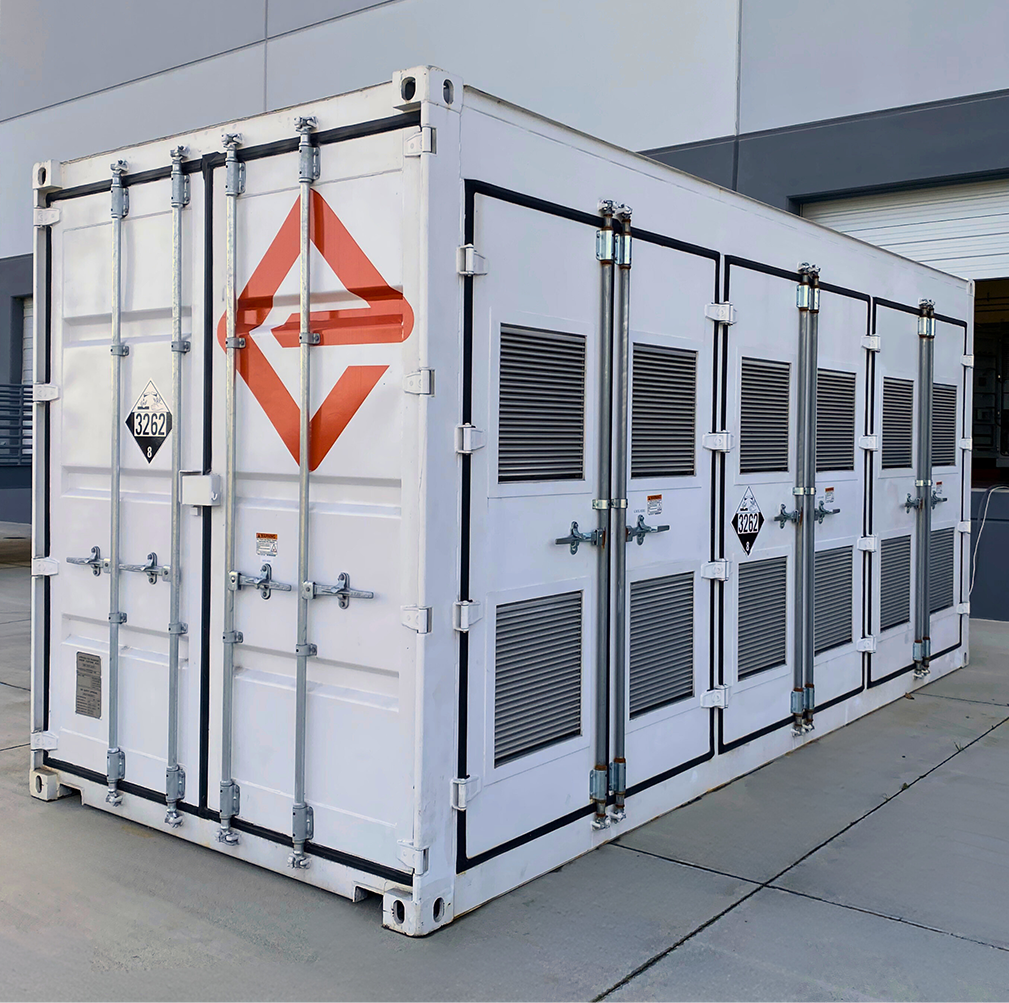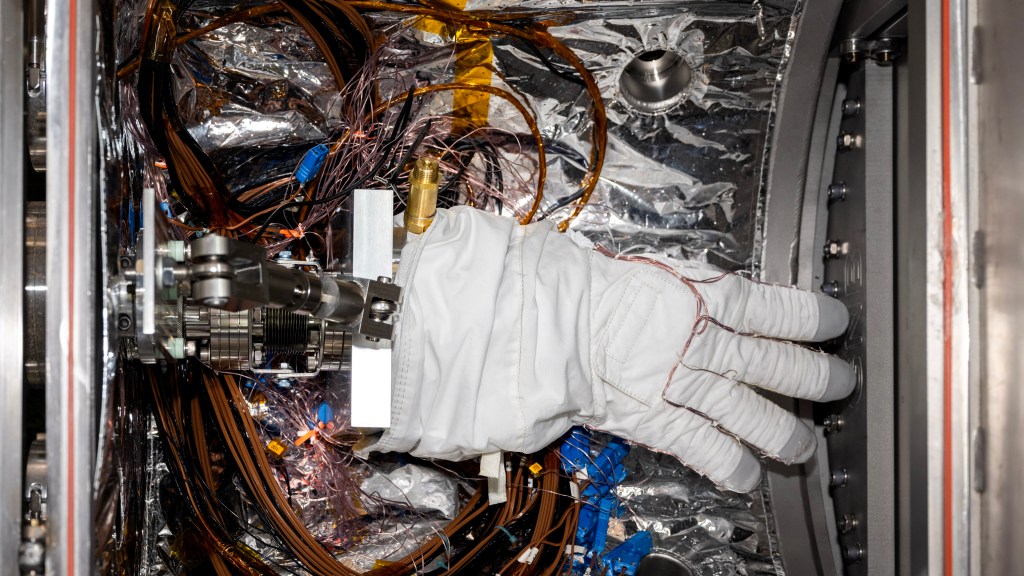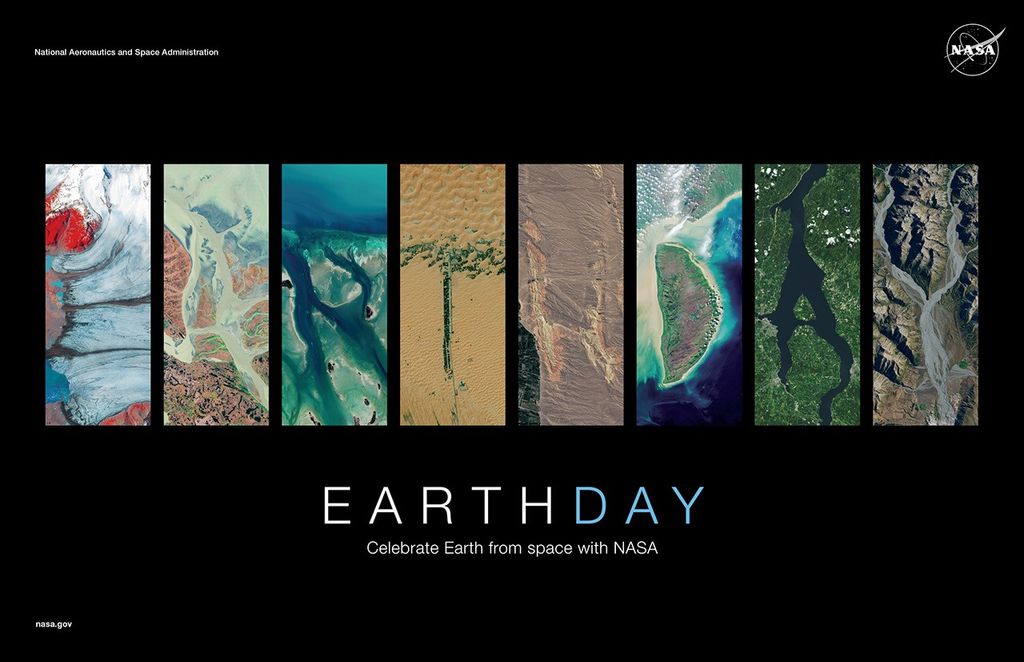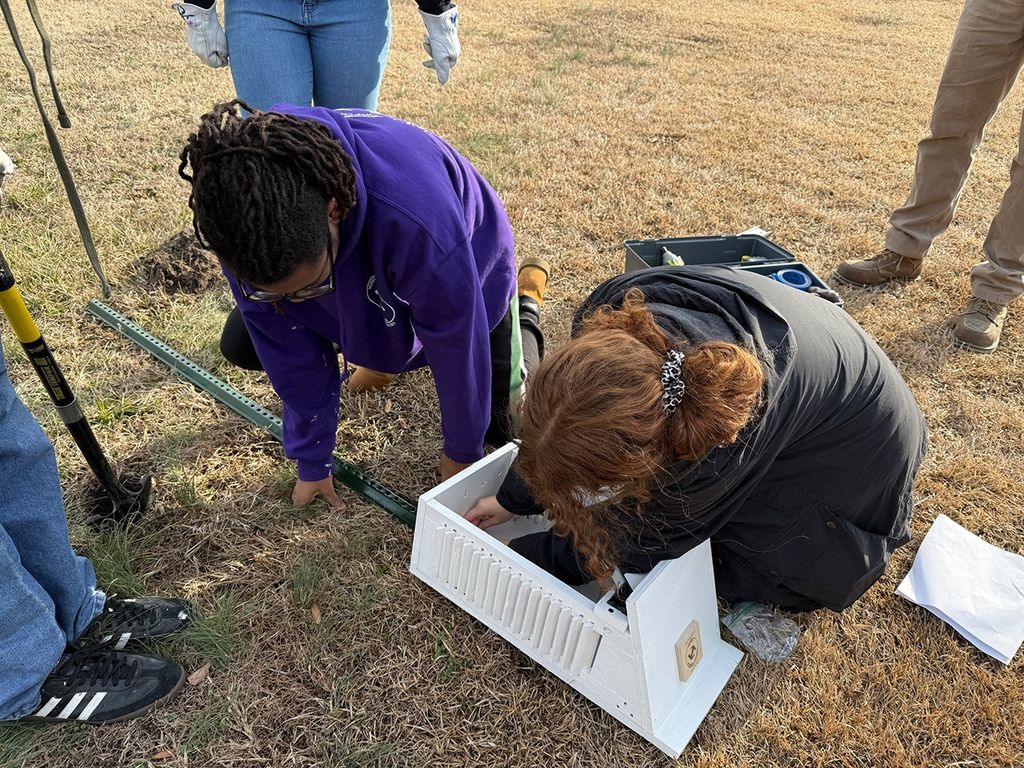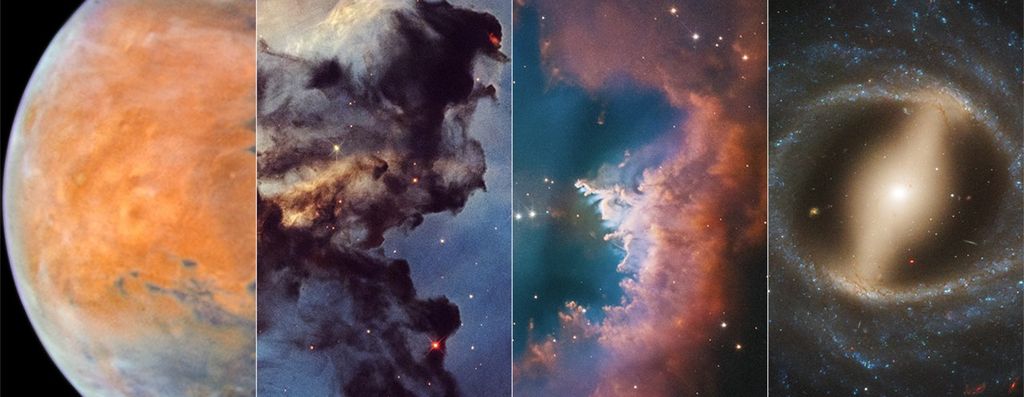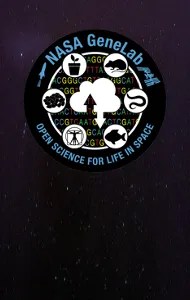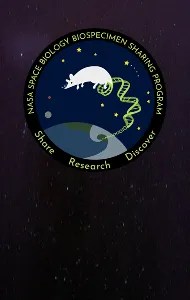Open Science Data Repository
The NASA Open Science Data Repository (OSDR) enables access to space-related data from experiments and missions that investigate biological and health responses of terrestrial life to spaceflight. The goal of OSDR is to enable multi-modal and multi-hierarchical fundamental space life science data be reused toward basic science, applied science, and operational outcomes for space exploration and knowledge discovery. These data include ‘omics, phenotypic, physiological, behavioral, hardware, environmental telemetry; raw, processed; tabular, text, code, bioimaging, and video.
Learn More About OSDRExplore and Contribute
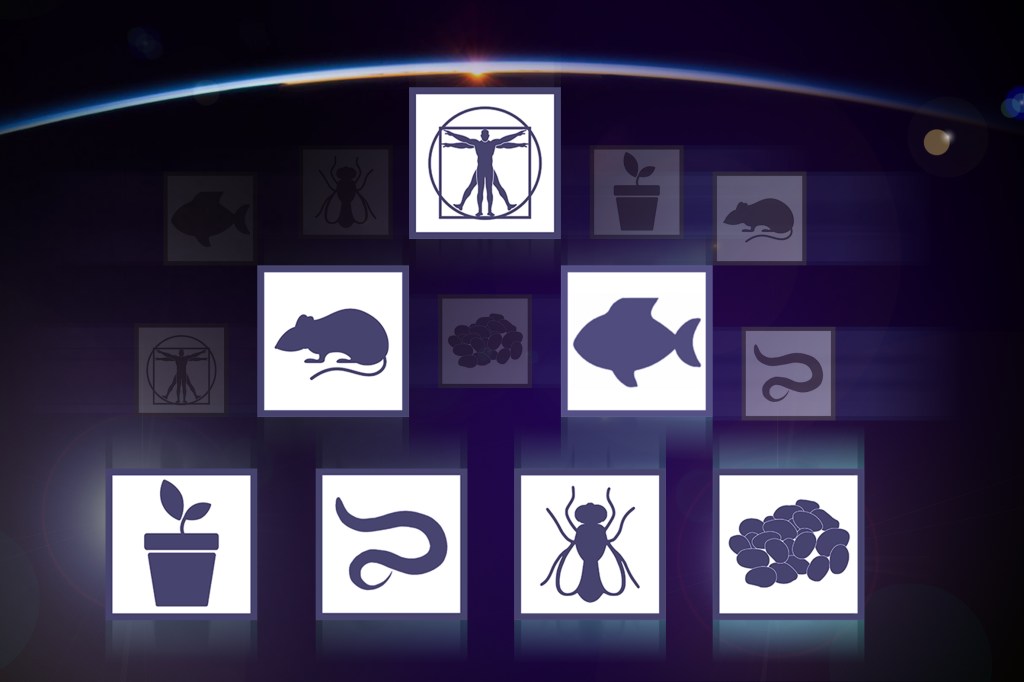
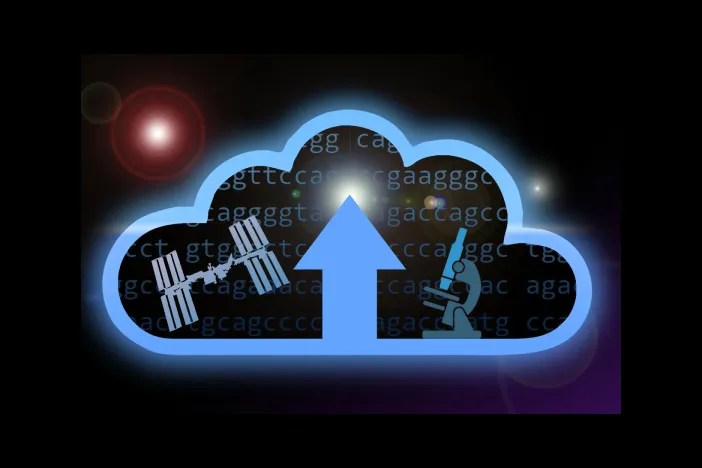

Latest News
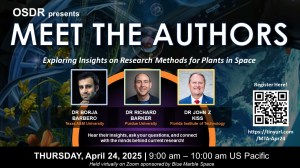
Meet the Authors: Exploring Insights on Research Methods for Plants in Space Welcome to “Meet the Authors”! This series is…
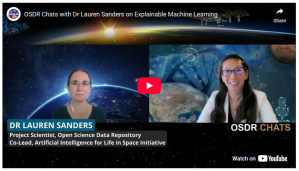
OSDR Chats: Dr Lauren Sanders Presents Latest Research in this OSDR-Enabled Publication Welcome to “OSDR Chats”, an interview series with…

Meet the Authors: Exploring Insights on Research Methods for Plants in Space Register Now! Welcome to “Meet the Authors”! This…
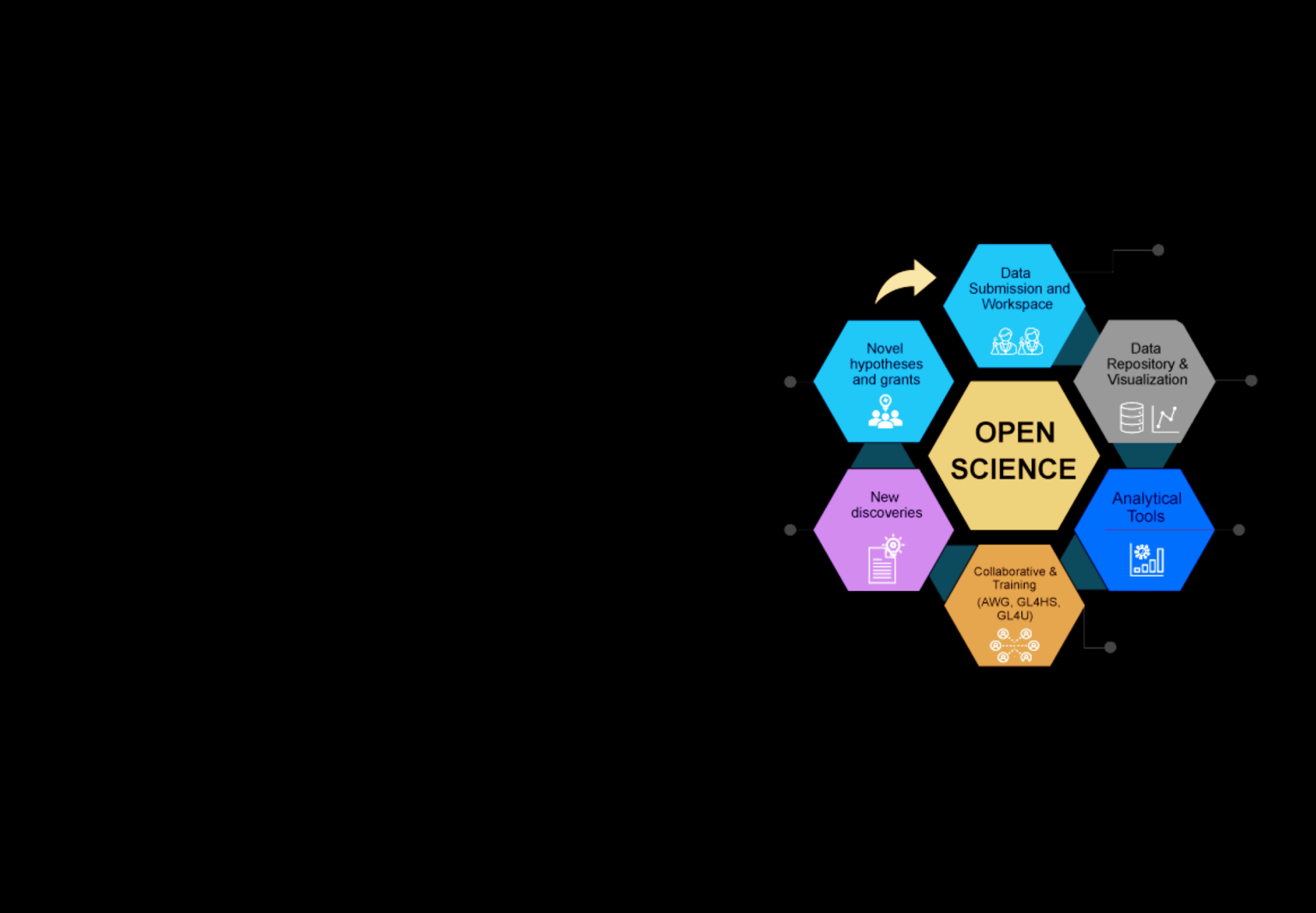
By the Numbers
NASA Open Science Data Repositories expands scientists’ access to space-related experiments that explore the biological response of terrestrial biology to spaceflight environments. Our mission is to maximize the utilization of the valuable biological research resources and enable new discoveries.
TODAY
Studies
Datasets
Latest Datasets
Publication Highlight
To boldly go where no microRNAs have gone before: spaceflight impact on risk for small-for-gestational-age infants
Could space travel put future pregnancies at risk? As we venture deeper into space, new research suggests that female astronauts may have increased chances at having small-for-gestational-age babies. By uncovering shared microRNA signatures between space stressors and fetal development issues, this study highlights potential pharmaceutical interventions to safeguard female health post-mission.
Learn More about Publication Highlight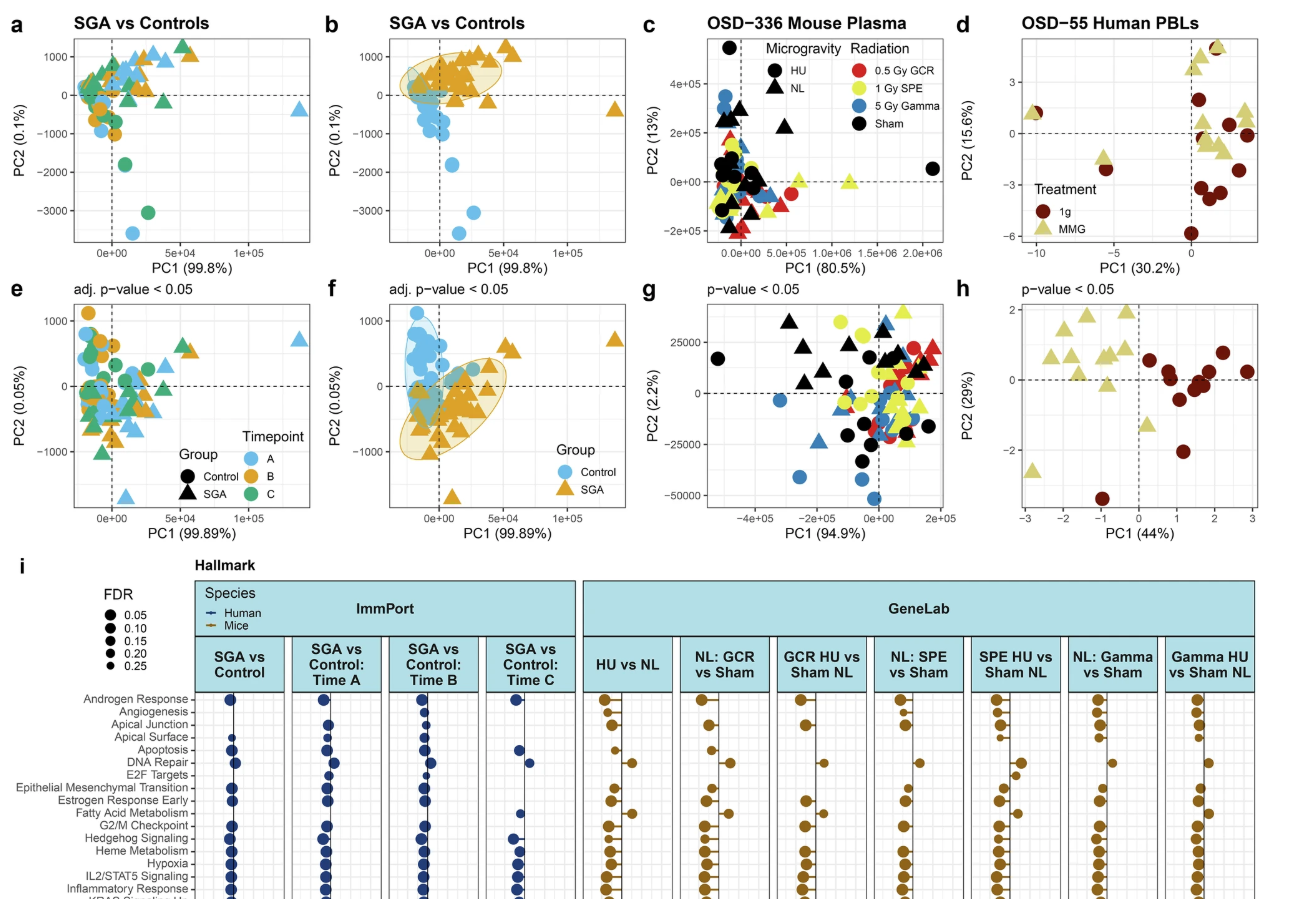
Visualization Tools
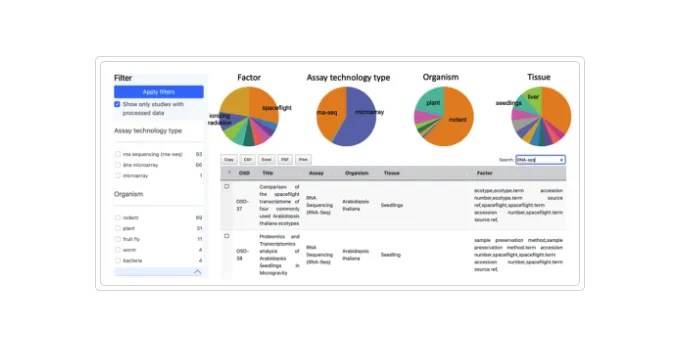
Data Visualization
GeneLab’s latest software release includes a new visualization portal to interact with gene expression data from space-related omics experiments. The enhanced portal includes a new search interface, new plots and layout, and advanced settings to customize the plots.

RadLab
RadLab is a portal that aims to provide a single point of access to radiation telemetry data from multiple databases maintained by multiple space agencies.
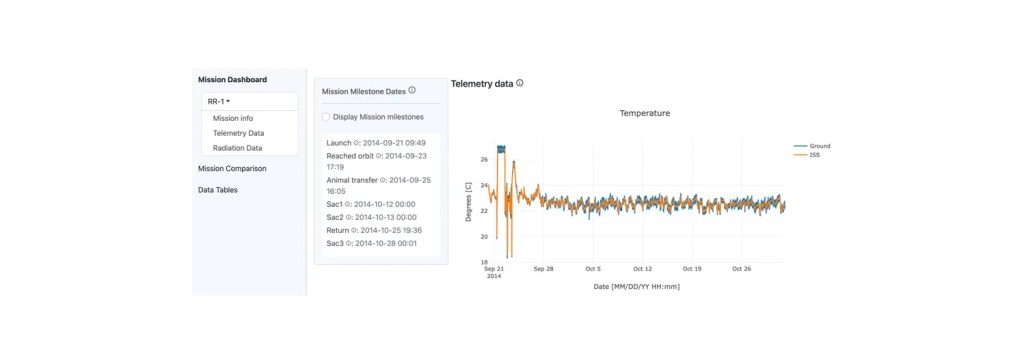
Environmental Data App (EDA)
The Environmental Data App (EDA) is a portal where users can visualize and compare ISS (International Space Station) cabin environmental telemetry data and radiation data gathered from spaceflight missions.
Testimonials
Dr JangKeun Kim, Weill Cornell Medicine
“My experience with the OSDR AWG community has been incredibly rewarding. The collaborative spirit and unwavering commitment to open science have not only enriched my research but also helped create a vibrant network where groundbreaking ideas flourish—making space accessible to humanity and getting there together through international collaboration.”
Read more testimonials about Testimonials
Open Science Projects
Open Science Projects primary goals aim to increase collaborative scientific data sharing, analysis, and more rapid scientific advancement.

